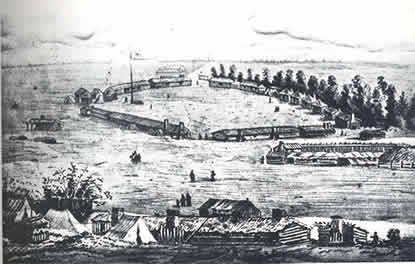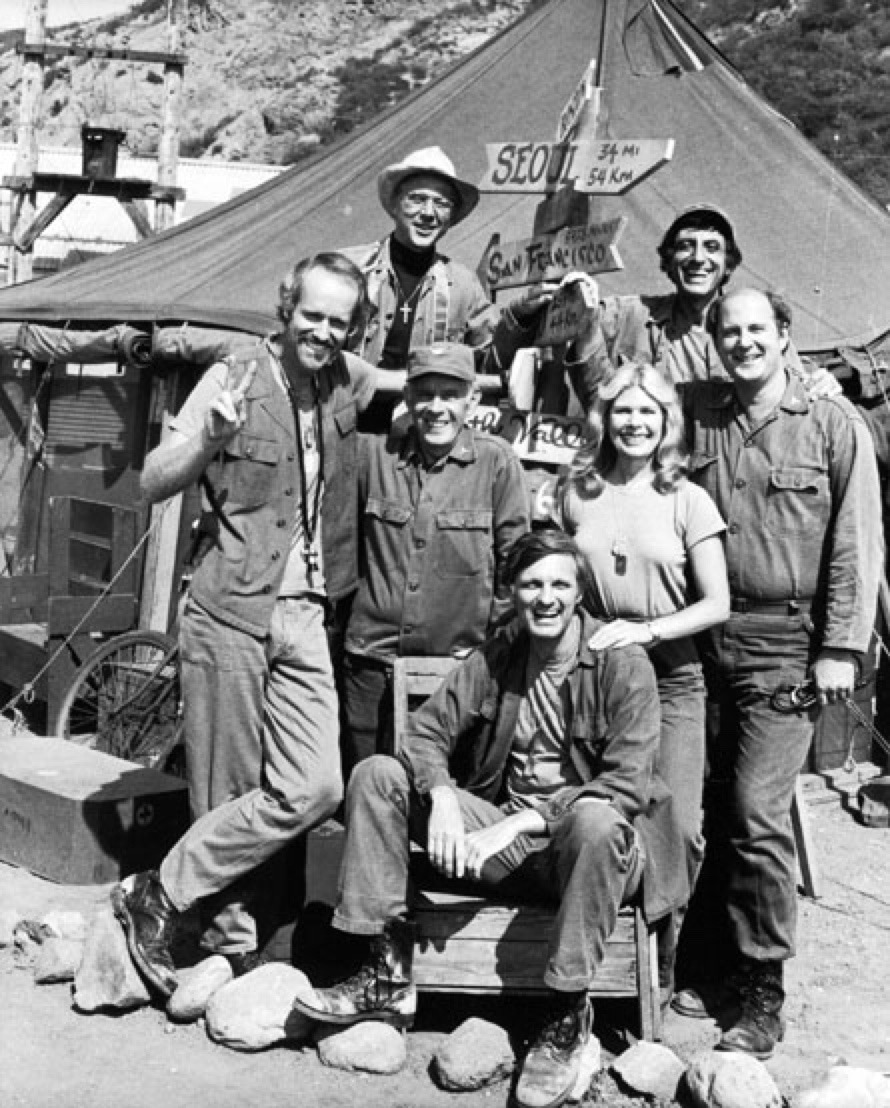 This is Killer, the stuffed animal seal puppet. You might wonder, why is sweet little guy named Killer. We will get to that eventually, I promise. First, however, we need to think for a bit about the kind of document that the Acts of the Apostles is. Outside of the biblical canon, there are Acts of Barnabas, Acts of Thomas, Acts of Rebecca and even Acts of Andrew. Starting a title with Acts is sort of like putting the document into a section of the bookstore. If you want a cookbook, go to the cookbooks. For the literary category of Acts, there really isn’t a premade placard for that. You have to imagine a section somewhere between a spiritual superhero comic book and a telenovela.
This is Killer, the stuffed animal seal puppet. You might wonder, why is sweet little guy named Killer. We will get to that eventually, I promise. First, however, we need to think for a bit about the kind of document that the Acts of the Apostles is. Outside of the biblical canon, there are Acts of Barnabas, Acts of Thomas, Acts of Rebecca and even Acts of Andrew. Starting a title with Acts is sort of like putting the document into a section of the bookstore. If you want a cookbook, go to the cookbooks. For the literary category of Acts, there really isn’t a premade placard for that. You have to imagine a section somewhere between a spiritual superhero comic book and a telenovela.
The intention in Acts-type document is to invite readers and listeners into a creative and compelling story that inspires heroic faith and teaches virtuous living. We tell fairytales today, fairytales like the Little Mermaid, not because a singing evil octopus is expected, but to help us know that we can resist and defeat evil in whatever form it arrives. Acts-type stories are not told under any illusion of being verifiably 100% accurate, while at the same time they are also deeply and passionately true.
For example, let me tell you about the Acts of Thecla. Thecla is a young woman of means in what we know now as Turkey. One night sitting in her window, she overhears St. Paul proclaiming the Good News in a home below. She is so moved by this witness that she goes to him and declares her intention to abandon her fiance and her family and follow him sharing the good news of Jesus. When she returns home to tell her Mother about her change of faith, there is weeping and wailing and her family turning her into the authorities. After more time with Paul and run-ins with the Empire, Thecla ends up in prison and eventually is stripped of her clothing and tied to a post in the Coliseum, to face the public shame of a horrible death. It is a terrifying moment, but her faith is so strident, and her virtue so self-evident that the wild dog which bounds in to devour her, it snuggles with her. And the lion who runs toward this tasty treat, simply bows down and licks her toes.
The Ascension is a life-giving adventure that leads us beyond the everyday and into a deeper and broader reality that is beyond our limited senses. The ancients knew it was both fantasy and true, maybe we can too. We will soon baptize young Leo, and I promise there are no ravenous beasts in the font. We will welcome him into a Jesus movement and a home in God that is life-giving and also surrounded by fierce challenges at every turn. We will promise to support him in his life in Christ. How exactly will we do that? What is Jesus calling us to let go of? What are the lions and pools of killer seals that threaten and defeat us?
When I was in seminary my closest buddies and I would declare dress up days. One time I decided to go as Thecla. I had these pale flesh tone leggings and a flesh tone shirt. I painted a few bloody scars on my face and arms. And I searched the neighborhood for a stuffed seal, who I of course named Killer. We had been assigned the Acts of Thecla in our core classes at least twice. Apparently, my classmates didn’t read as much as I did, because all day long I had to tell her story again and again. I went to classes and meals and probably chapel in that costume, and it wasn’t until dinner time when spouse of our NT professor looked at me in my allusion to naked costume and fake scars and Killer seal puppet and said with joy, ‘Thecla’!
My seminary was ecumenical, and that meant that I took classes with Baptists and Lutherans and Presbyterians and Jesuits. One woman I told the story to was a Presbyterian acquaintance named Lucy. She asked about the costume, and I told her about Thecla and introduced her to Killer. And she laughed. Years later when she and I had become friends, and she had been ordained an Episcopal priest she recalled that encounter to me. Lucy told me it was the day she decided that not all Episcopalians were as frozen, flat and boring as she thought and that maybe there was a place for her here. I was a creative and compelling witness, but I still had to tell the story with my voice. As self-evident as I thought it was, I still had to use my words to proclaim.
The intention of the Acts of the Apostles is to offer gifts of ways to be a creative and compelling witness in confusing and desperate times. A vision of the many ways to proclaim Jesus Christ, who lived and loved and died and rose again and ascended into heaven. Acts shares with us that this same Jesus who has ascended is also breathing and acting in you and me, right here, right now in a way that no timeline can explain. Acts wants to help you dive into the apostolic life, wants you to immerse yourself in the proclamation, and dare to strive for God’s reign, no matter what.
It is rather like a spiritual comic book to help the church know it has holy superpowers. It is rather like a romantic adventure to help you believe that nothing can separate us from the love of God. There may be shades of the fantastic and the silly, but behind the adventure, there are real life or death moments where real people dare to choose Christ, who dare to step up to cruelty and hate in his name. In the Ascension, Jesus has entrusted us with his mission. The big question today is, how will you act?
Let us pray.
May we venture safely through every trial,
May our heart be daring,
May our courage be steadfast,
And may our intention be deeply with you.
Holy Trinity, One God,
Father, Son and Holy Spirit,
World without end.
Amen.
May 28, 2017
St. Paul's Episcopal Church
Walla Walla, Washington
Names have been changed to protect the laughing.





